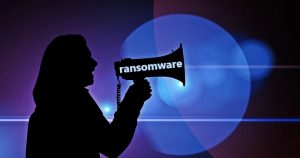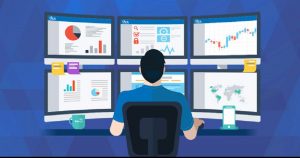Healthcare sectors are employing digitization while improving the system. The activities include digitization starts from the admission of the patient to prescription management to maintaining the physical records. Experts are concern about the Cybersecurity of healthcare sectors.
According to Becker’s Hospital survey, the data breaches that happened in the healthcare industry has cost around $5.6 billion every year, and they are increasing rapidly. Several experts are examining the security issues in the healthcare industry because of the HIPAA laws and ethical commitment while helping the patients and make a better system.
To know in detail about how the attacker uses these vulnerabilities and what are the prevention taken by the healthcare industries to avoid unauthorized access then read the upcoming section.
How the Hackers Use these Vulnerabilities?
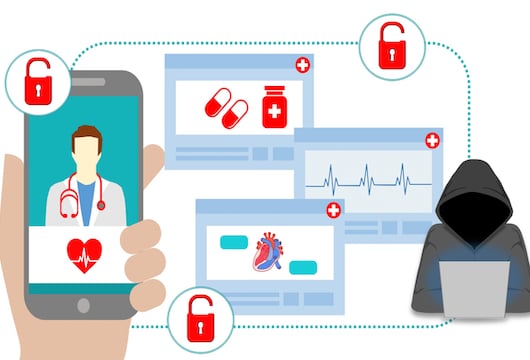
As the healthcare industry will offer multiple life-critical services and working to improve patients care and treatment using the updated technology. Whereas cybercriminals took advantage of the vulnerabilities present in the technology. According to the report HIPAA the healthcare industry reported around 616 data breaches that exposed 28,759,440 records publicly.
Now, in the period of COVID-19, the hackers are enhancing their techniques and execute multiple attacks and increase the fears among people. Cyberhackers use different tactics and taking full advantage of this epidemic and targeting the healthcare sectors using the COVID-19 fears. They are targeting the organizations who are working on treatments and vaccination, even the WHO is being targeted by the attackers.
According to the experts, there are 5 Cybersecurity threats present in your system and make it vulnerable are described below.
- Threat 1: Mobile devices used by hospital staff increases the risk of the attack surface. According to the survey, 53 % of devices of healthcare organization staff is reported as missing and about 17% has reported as the victim of unauthorized access.
- Threat 2: Accidently click on phishing emails, about 20% of data breaches are happened due to phishing attacks triggered by the staff members by clicking on the malicious links.
- Threat 3: Using Updated technology can also increase the risk of a cyber attack. More than 67% of the medical device manufacturer reported cyberattacks on their medical device in between 12 months.
- Threat 4:Stolen unencrypted drives that contain confidential information. More than 25% of cyberattacks are possible by stealing the devices that store the crucial data.
- Threat 5: Tailgating others into the secured places, when the hospital staff permits unknown persons to enter secured premises results in the cyberattack.
Along with that healthcare sectors, information systems are also becoming targets of attackers because of these reasons;
- While preserving the patient’s records the medical institution’s providers also storing the sensitive financial information of the patients.
- All the information related to patients is available in some forms, therefore attackers steal their information and use it accordingly.
- The connection with EHR stands for electronic health records give the access to the data of the patients collected for years. Sharing the patient’s information makes them valuable targets.
Ultimately the cybercriminal’s main goal is to collect the information of the patients- either they sell in our cyber forums or they can use it. With the help of this information stored in healthcare, industries record the attacker can do anything using the patient’s name.
On the other hand, the attackers may install the ransomware and encrypt your files and lock your data until the organization pays the ransom.
According to the survey, there is a list of cyberattacks on healthcare industries in 2020.
Cyberattacks on Healthcare Organization in 2020!
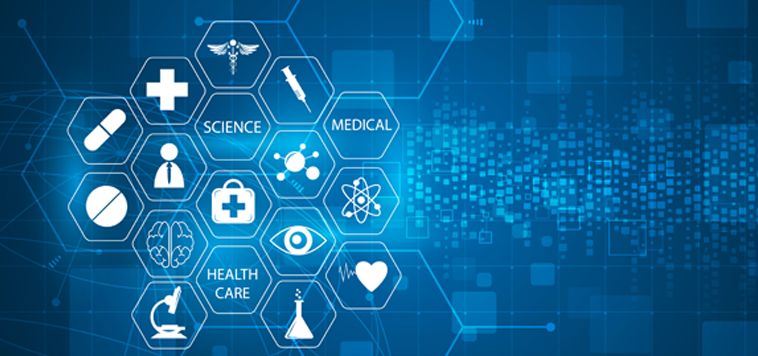
Several experts believed that the healthcare industries become the primary victim of a cyberattack in 2021. Go through the list mentioned below.
- The Healthcare industry in Germany experienced the first fatality attack of ransomware in September 2020.
- United Kingdom reported APT29 while making the COVID-19 vaccination.
- In September the Universal Health Services UHS are impacted by ransomware attacks worldwide.
- Revil, SunCrypt, Netwalker, Pysa, or Mespinoza was reported to steal and sell the data of five healthcare industries.
- UCSF paid a $1.14 million ransom after their data is encrypted by ransomware attacks
Now the question arises what are the prevention measures to protect your organization from these attacks. For this read the upcoming section.
Tips to Protect Healthcare Industries from CyberAttacks
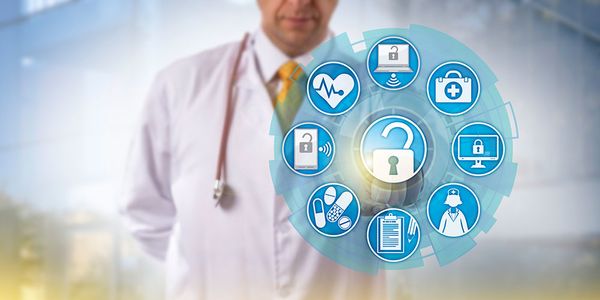
While the whole world is dealing with the COVID-19 virus and the hacker are executing the cyberattack on the pillars of the healthcare departments. Therefore the institution needs to take these necessary precautions and reduce the risk of these threats.
- Never Share Password: Remember to not share your cloud certifications to anyone over call, emails, or through any mode of communication. It will raise the risk of Cybercrime and security risk for your cloud data.
- Encrypt Your Data: Consistently encrypt your data while uploading to the cloud. The encryption will increase your security and prevent unauthorized access. If someone gets your credentials the data would be non-accessible to them.
- Construct a Local Backup: Maintain a copy of your cloud data on one of your devices. This will reduce the risk of data loss happened due to any possibilities like accidental deletion or data stolen.
- Don’t Download Files: Always remember if you don’t know the sender or you are not expecting anything from that sender. Then don’t open or download anything sent by them.
- Beware of Fake Offers: If you receive an email from a company offering you the lottery, a large sum of money there is the chance that it is a scam. Before entering your details, verify that the offer is genuine or not.
- Use Spam Filters: Make sure that your email clients have a spam filter option, this will help you to avoid spam mails and saves your time. Check your settings and set them too high to avoid unwanted risks.
- Secure your Device: Update, install and maintain your device, configure firewalls, antivirus, email filters, and other security options. Use a VPN to secure your network and set automatic updates if you can.
- Install Anti-Malware Software: Download and use secured antivirus that prevents unauthorized access. Use the program that secures your system from malware, spyware, and other attacks conducted online or through emails.
- Update Software Regularly: Always update your software you are using because the Updates fixed security flaws and protect your data. Make sure you are updating the lasted version of your software, many hackers use outdated versions.
- Aware of Phishing Scams: Do not click on any link without checking its credibility. Also, make sure that website is using HTTPS. Never open email attachments coming from unknown senders.
- Consider Two-Factor Authentication : Multi-factor authentication is always verified with two methods to log into an account. Always use a minimum of two-factor authentication for securing your sensitive data accounts.
- Think Before You Click: Apart from phishing, avoid to click on unwanted pop-up appears during browsing. Never click on any link if it looks different than you expect.
- Be Attentive When Online: Train yourself not to click on any scam advertisement or clickbait. Always remember that most of the lotteries you find online are fake, never provide your financial details to them.
Summering Up
Cybersecurity in healthcare is not about protecting an organization’s data it is all about the protection of the patient’s data that are connected with them. Healthcare industries need to make are strict policies and keep updating them according to the threats. Securing your organization data will secure your patients too.

